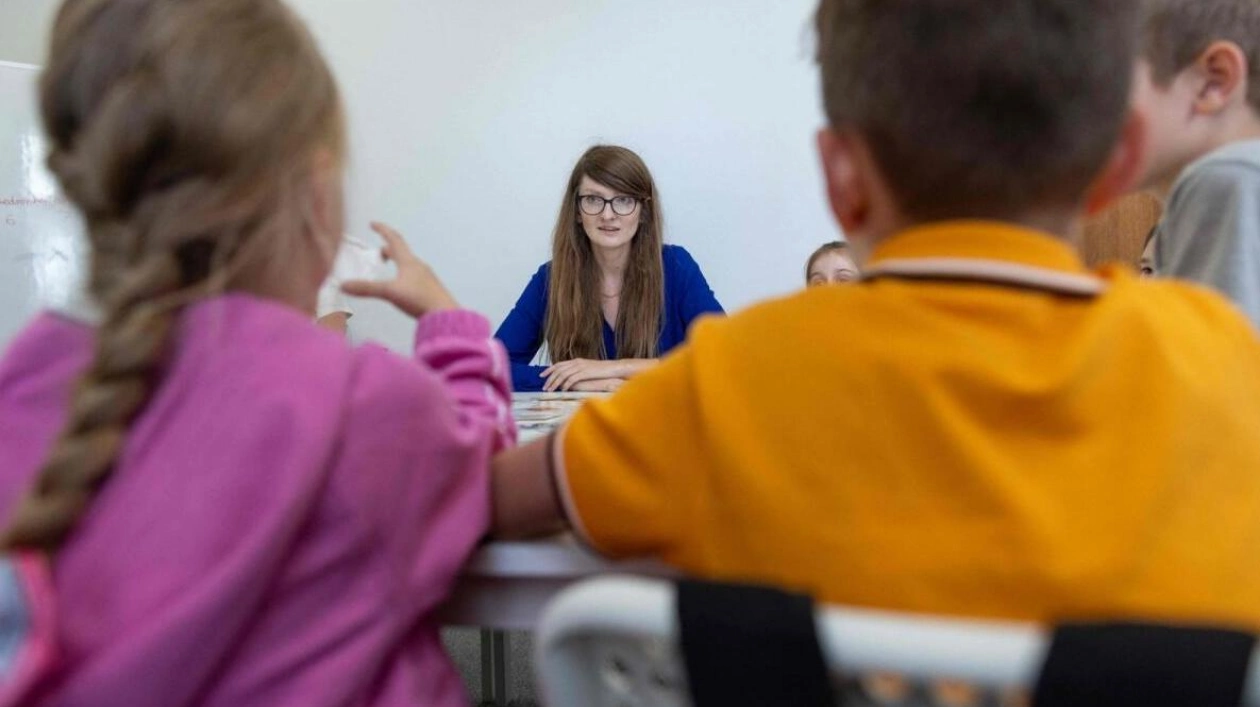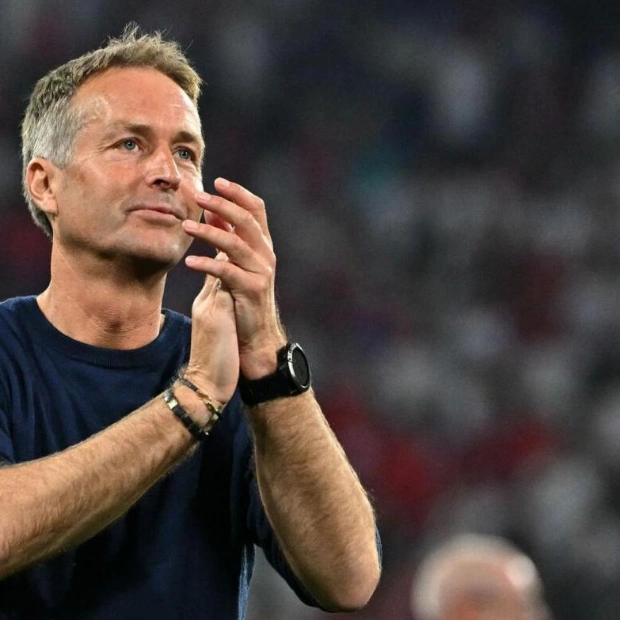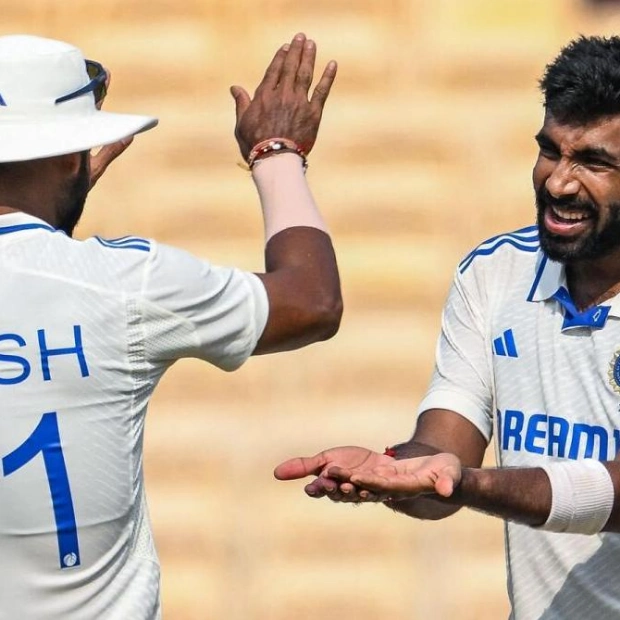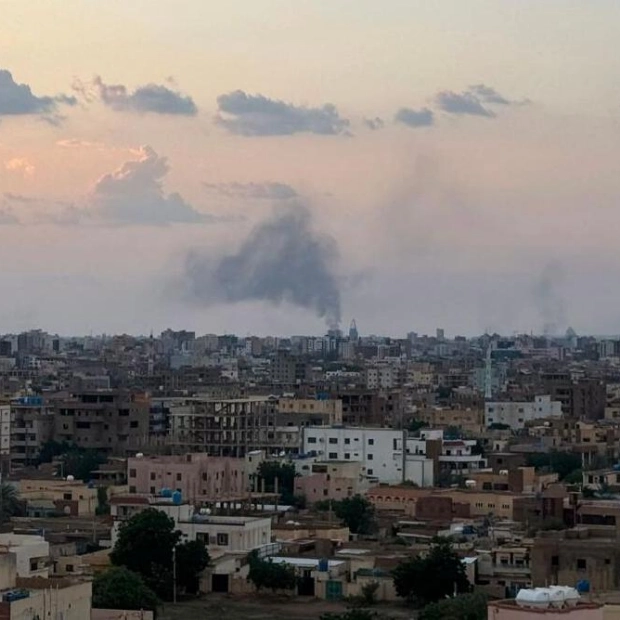Children returning to school in Poland next week will encounter a new group of classmates — Ukrainian children who are now residing in the country but were not previously enrolled in the Polish education system. A new law mandating education for refugee families is set to take effect, but the exact number of children who will enroll remains uncertain, with estimates varying from 20,000 to 80,000.
"We are still in limbo," said Maryna Rud, the mother of 12-year-old Nadia, who left Ukraine at the start of the Russian invasion in 2022. Rud enrolled her daughter in a Polish school but reported that Nadia endured months of bullying, prompting her to withdraw her from the school. "They laughed at her incorrect pronunciation. She would tell me: 'I say a word, they laugh, I say a word, they laugh'," Maryna recounted. Nadia spent the last year studying online in a Ukrainian school, a common practice among many refugee families.
The exact number of children unaccounted for in the Polish education system is "a great unknown," according to Jedrzej Witkowski, head of the Centre for Citizenship Education, a non-profit organization. Following Moscow's invasion of Ukraine in February 2022, Poland welcomed refugees, and the European Union granted them the right to move freely across the bloc. "It's very hard to monitor," Witkowski said. "We are unable to say exactly how many schoolchildren, or more broadly, how many Ukrainian citizens, have taken refuge in Poland and how many still remain in our country."
Around 134,000 Ukrainian children attended Polish schools before the summer holidays. The Centre for Citizenship Education estimates that 20,000 to 80,000 children have so far been outside the education system. In the "best case scenario," Witkowski said, the children have been following lessons remotely. This was the case for Ivan, a 12-year-old who moved to Poland with his mother, Nataliya Khotsinovska, right after the invasion. Ivan has been learning Polish during the summer, but for now, his mother chose to send him to a private Ukrainian school, a solution she calls "a soft transition period."
"We have no friends here, no one to communicate with," Khotsinovska told AFP. "It's also hard for mothers... Sometimes you hesitate between the result of learning and the child's peace of mind," Khotsinovska said. Her son participated in a series of language courses and integration activities run by the Catholic Intelligentsia Club (KIK) in Warsaw. The project, called "Trampoline," is designed to help Ukrainian children — and their parents — with the transition. The courses show "how to respond to bullying, to teach parents how to act," said Olesya Kolisnyk, one of the organizers.
"Ninety-nine per cent have problems with bullying," Kolisnyk said, echoing experts' warnings that it is one of two major problems for Ukrainian children, alongside the language barrier. To help with the latter, Homo Faber, a non-profit from the city of Lublin, began offering language courses for Ukrainians who start learning in Polish schools. Sitting around a table, a group of seven children meticulously practise tracing the letter "c" before being handed fly swatters to tap cards depicting objects starting with that letter.
Paulina Skrzypek, teacher of the seven to nine-year-olds age group, said that Polish and Ukrainian bear similarities, but that does not necessarily work in refugee children's favour. "We have those so-called 'false friends', and kids think that in Polish something sounds the same as in Ukrainian, but it turns out it doesn't," she said. To Danuta Kozakiewicz, headmistress of a Warsaw primary school, language plays a crucial role in how Ukrainian children get along with their Polish peers. Kozakiewicz also organises various integration events, from football tournaments to school trips.
"During a football match, one kid is shouting in Polish, the other in Ukrainian, but they somehow know what's going on — and they play for the same team," she said. But problems remain, especially when the Ukrainian children suddenly disappear when their parents decided to return to Ukraine or relocate to another country without notifying the school. Returning home is what many Ukrainian schoolchildren in Poland still yearn for. "They check social media every day and see what's going on. 'What's the news, has Putin died?'" Maryna Rud said. "They are constantly waiting, every day, for that moment of coming back home."






